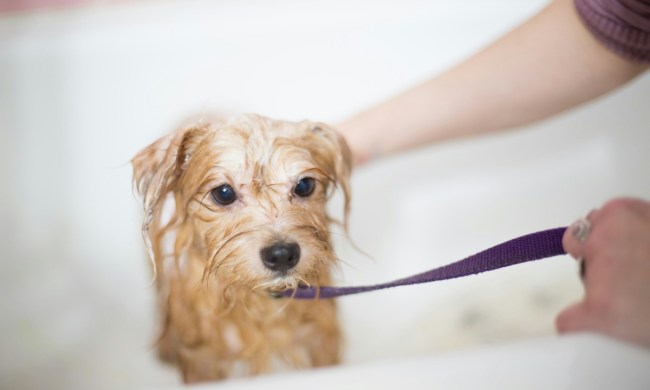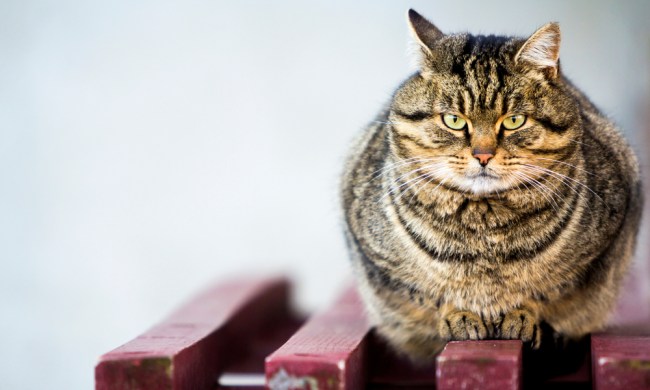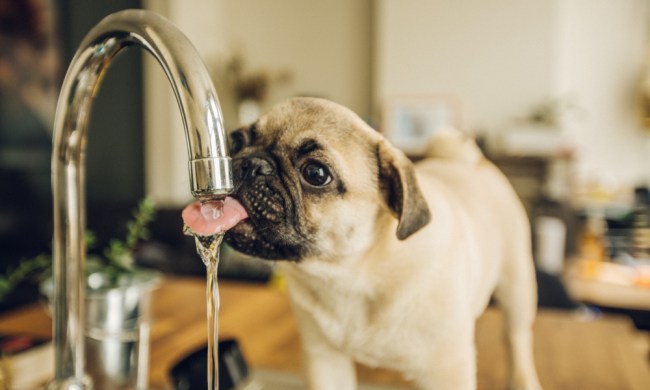Compared to other pets, it can be rather difficult to spot a rabbit’s affection signs. Their body language doesn’t reveal much. They’re subtle creatures who don’t always show their feelings upfront. This is because rabbits are prey animals in the wild, and their instincts tend to keep them on high alert for danger, ready to react or run at any time. Even domestic rabbits might seem a bit anxious, but if you give them their space and let them lead your interaction, they’ll relax in no time.
Looking for very subtle body clues is the best way to tell if your rabbit is happy. Bunnies don’t vocalize often, and when they do it tends to be in extreme situations, so you might be sitting around for a while if you’re waiting to hear anything from them. If you look, however, it won’t take long to get to know your bunny’s subtleties and personality.
If your rabbit’s personality changes suddenly, it’s best to ask a vet for advice. Illness, injury, or even boredom can be enough of a stressor to affect your bunny’s behavior. Learning about rabbit body language will help you to know when something is off — it’s an important lesson as well as an adorable one.
If you’d like to learn more about your rabbit, or need a guide on how long do rabbits live, we’ve got you covered.
How to tell if a rabbit is happy
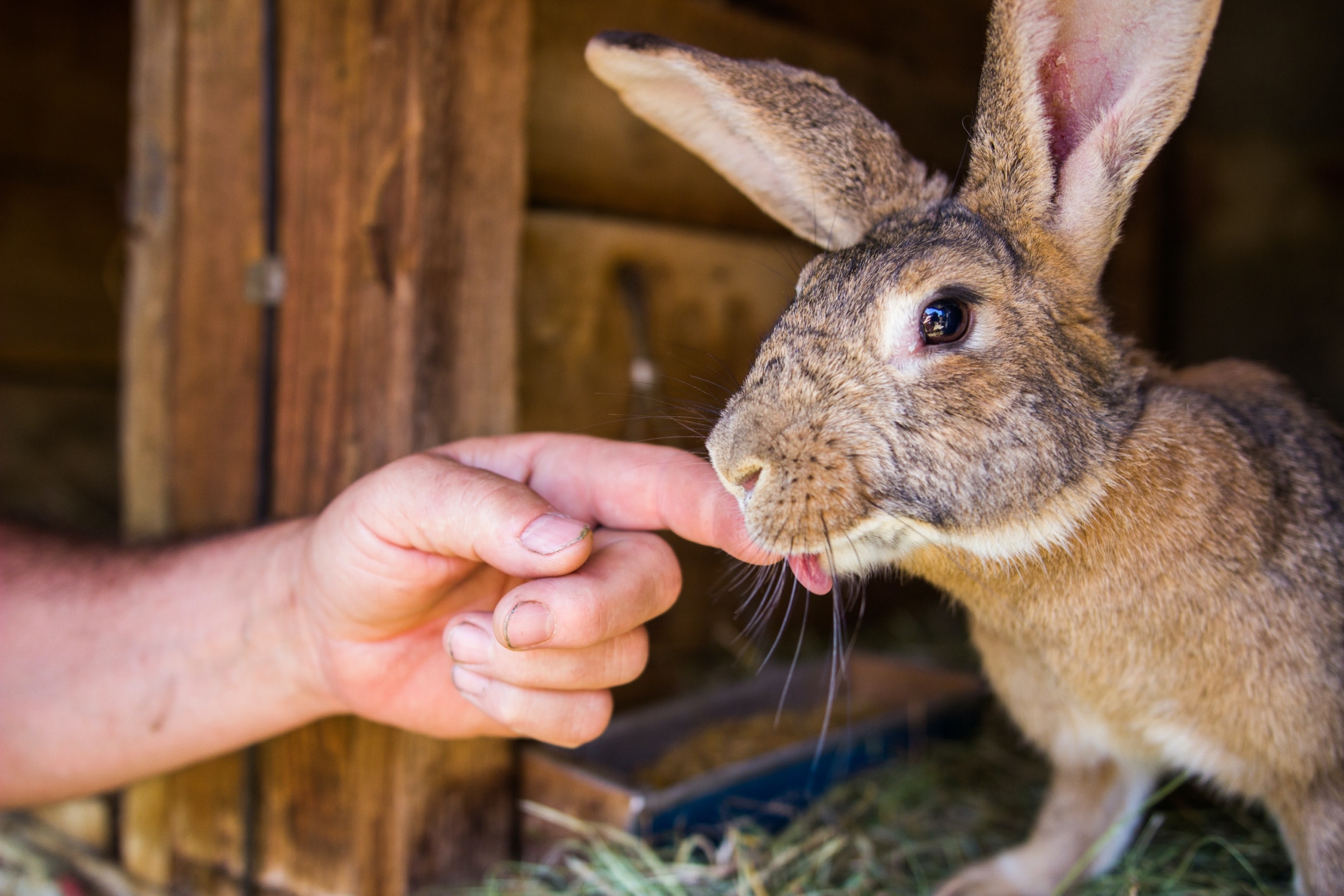
A happy bunny can look like a lot of different things, so how do you know if your rabbit is feeling well? A great clue to look for is upright, out-turned ears (via Royal Society for the Prevention of Cruelty to Animals). Although their ears may look as if they’re on high alert when they’re close together on top of your rabbit’s head, this is a relaxed position. Sure, they may be listening around for possible danger, but your rabbit will act very differently if they actually feel threatened. Listening in and sniffing around are simply signs that your rabbit feels comfy enough to explore.
If your bunny is lying down, they’re showing you they’re relaxed. This isn’t something they would instinctually do if they felt they were in danger, so give yourself a pat on the back for helping your rabbit feel safe. They might have all their paws tucked in like a little bunny loaf (enjoy these precious moments!) or they may sprawl out their back legs to get a good stretch.
Another way to know if your bunny is happy is by the way they hop. Fast hops with a little twist in the air are called binkies, and it’s a signature bunny move when they’re feeling comfy and excited. Plus, it makes for an adorable video, so it’s a win-win!
How to tell if a rabbit is stressed
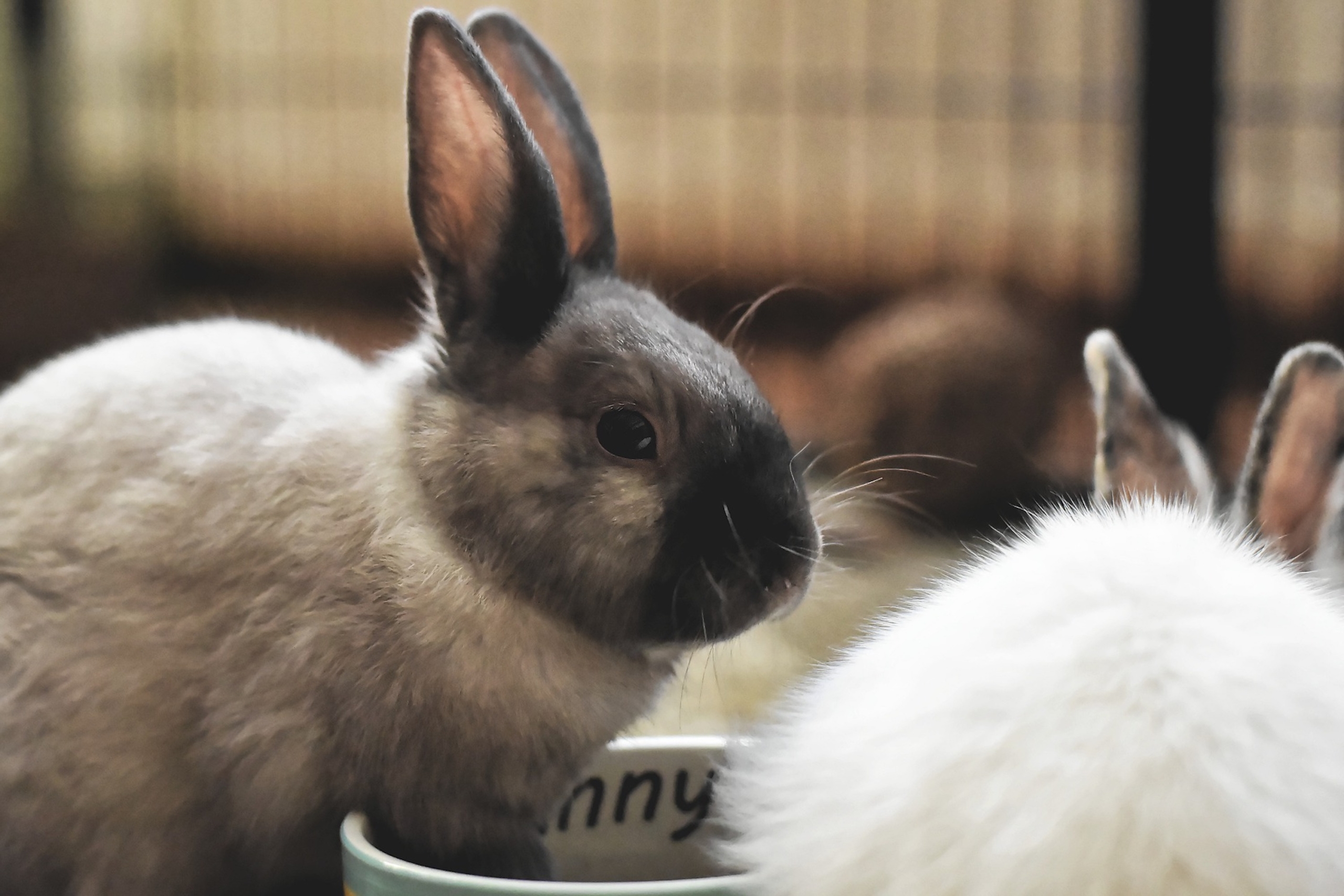
Once you get to know your bunny’s natural body language, it’ll be very clear when they’re stressed or unhappy. A crouched, tense position with their ears laid back against their head is a clear giveaway of an unhappy rabbit (RSPCA). If they’re feeling especially anxious, they may even try to hide. This is why it’s especially helpful to have a burrow or two for your rabbit to use whenever they’re feeling vulnerable. If they know they have a safe spot, they might feel safer themselves.
When stressed, like any mammal, rabbits go into fight-or-flight mode to escape from danger. If they run away, their ears will likely be laid back and wide apart and their feet flicking behind them. If they choose to fight, on the other hand, you might come face to face with a champion boxer. Seriously though, rabbits will sometimes stand on their hind legs and assume a boxing-like stance when threatened. By doing this and “digging” at you with their front paws, they’re telling you it’s time to back off.
As cute as Thumper may be, thumping isn’t as innocent in reality. Because rabbits aren’t very vocal, they thump their hind legs to warn each other of any danger they sense, whether they see it in front of them or smell it farther away. While it’s not necessarily a gesture directed at you, it’s still a sign that you might want to give your bunny some space.
When your rabbit shows their teeth, you can be sure they’re very upset. This may be the precursor to a nasty bite, so it wouldn’t hurt to be quick if you need to get out of the way. They might take a recoiled, pounce-ready stance with their head tilted up, ready to jump if you get any closer.
Becoming familiar with your bunny’s body language can be a huge help in helping you understand each other. It’s important to know if your rabbit is happy and when to give them some space — both for their sake and for yours. Before you know it, you’ll be able to read your rabbit as easily as you read this article. Good luck!

